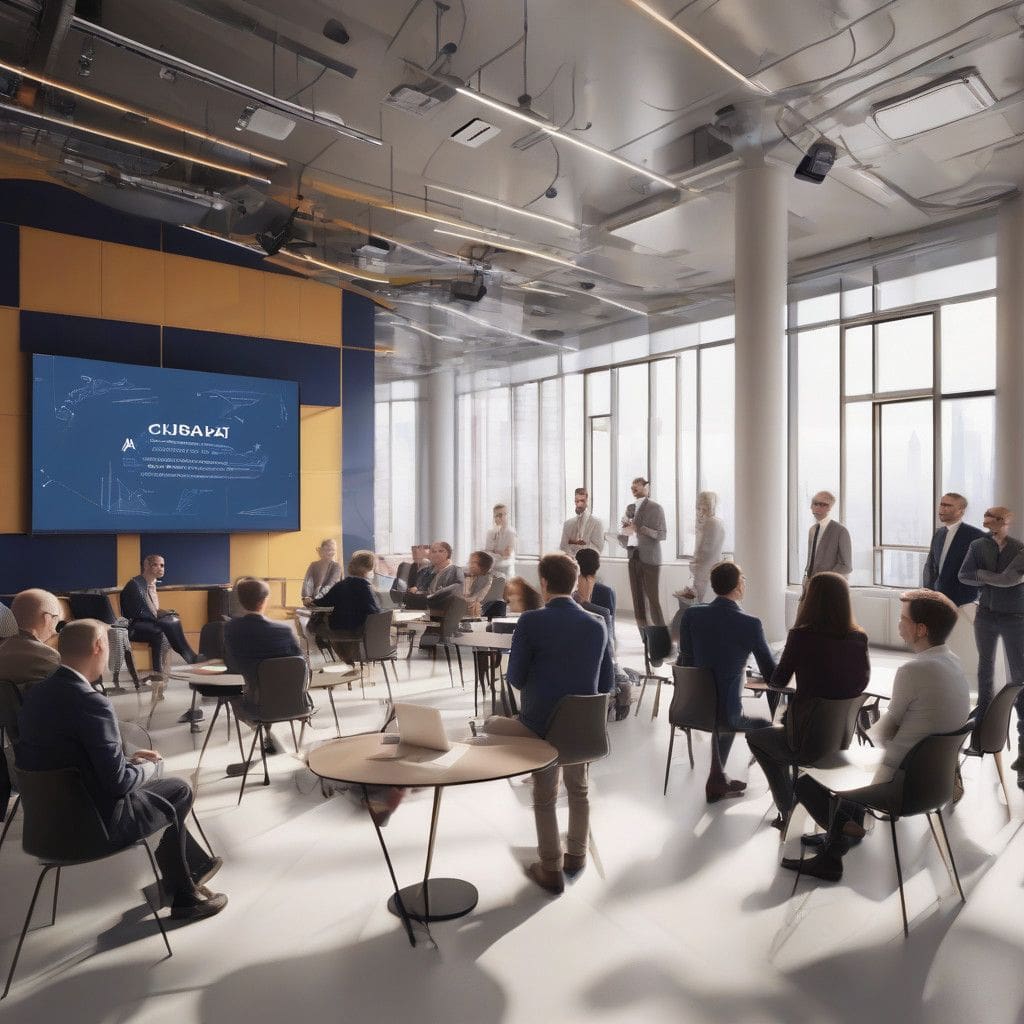In a significant move within the artificial intelligence (AI) industry, Durk Kingma, an influential figure previously associated with OpenAI, has decided to join Anthropic, an AI research company committed to developing safe and ethically aligned AI systems. This transition comes at a time when the need for responsible AI development is more critical than ever, highlighting the industry’s ongoing challenges in aiming for safety, transparency, and ethical governance.
Kingma, who earned a PhD in machine learning from the University of Amsterdam, is well-known for his contributions to generative AI models, notably his participation in the creation of OpenAI’s DALL-E and ChatGPT. His journey in the AI realm has been both impressive and impactful. After co-founding OpenAI and driving several key projects, he left in 2018 to rejoin Google Brain, later becoming part of DeepMind following its merger with Google. His extensive experience also includes working as an angel investor for various AI startups, further showcasing his influence in the field.
This recruitment of Kingma is not merely a personnel change; it reflects a larger trend of high-profile talent migrating from industry giants like OpenAI to other organizations dedicated to ethical AI practices. In recent months, Anthropic has made notable hires from OpenAI, including safety lead Jan Leike and co-founder John Schulman. These transitions signal a concerted effort by Anthropic, led by former OpenAI VP Dario Amodei, to build a team capable of navigating the complex challenges of AI safety and alignment.
The implications of Kingma’s move are profound. As AI systems become increasingly integrated into various aspects of society—from healthcare to finance—the stakes surrounding their ethical deployment continue to rise. Companies like Anthropic position themselves as alternatives to larger entities by adopting more precautionary approaches to AI development. This includes conducting thorough research on AI safety and actively engaging with regulators and the public to promote transparency in their processes.
Moreover, Kingma’s alignment with Anthropic’s mission can accelerate the establishment of safety protocols and frameworks that are crucial in guiding AI development. The integration of rigorous safety practices into AI training and deployment processes can safeguard against unintended consequences that often arise when deploying advanced technologies without adequate oversight and understanding.
For professionals in the industry, Kingma’s transition represents a broader move towards a culture of safety and accountability in AI. Companies that prioritize these values are likely to gain a competitive edge as consumers and clients increasingly demand ethical considerations in the technologies they adopt. The focus on responsible AI is not just a market differentiator anymore; it is becoming a fundamental expectation for companies operating in this space.
Furthermore, Anthropic’s rise comes at a time where public scrutiny on AI technologies is growing. Regulators are implementing tighter controls and guidelines to curb misuse and encourage ethical practices. This context makes it imperative for companies like Anthropic to lead by example, showcasing how integrated safety measures can effectively balance innovation with responsibility.
As Kingma steps into his new role, stakeholders will be keenly observing how his expertise will influence Anthropic’s strategies. Will his vision for ethical AI development shape the future of AI technologies at Anthropic? Only time will tell, but one thing is clear: dedicated efforts toward responsible AI practices can make a lasting impact on the industry and society at large.
In conclusion, Durk Kingma’s appointment at Anthropic is more than just a career move; it symbolizes a significant shift in the AI landscape towards a commitment to ethical practices. As the dialogue around AI safety and transparency evolves, the actions taken by leaders in the field will be vital in fostering trust and acceptance of these powerful technologies. Emphasizing ethical development will not only benefit the companies that adopt these practices but also society as a whole, ensuring that AI serves humanity responsibly and effectively.












